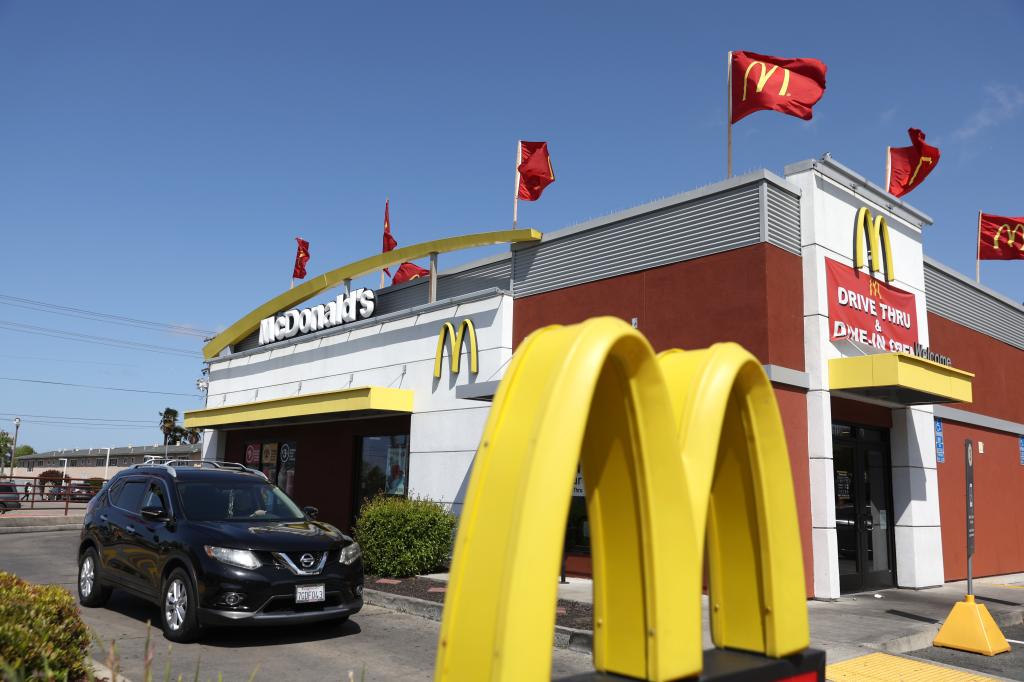McDonald’s has reintroduced bagel breakfast sandwiches at their California locations as part of their plan to offset the rising costs associated with the state’s $20 minimum wage mandate for fast-food workers. The fast-food chain assembled a task force called the “Rise and Dominate” team to come up with solutions to the financial challenges brought about by the wage hike. The reintroduction of the bagels is expected to help boost store traffic and increase sales.
The bagel breakfast sandwiches first debuted at McDonald’s in 1999 but were removed from the all-day breakfast menu in 2020. In addition to bringing back the bagels, McDonald’s is also investing $15 million in local advertising in California to promote its products. Franchisees have expressed concerns about the financial impact of the new minimum wage law, with estimates suggesting it could cost each location $250,000.
The law, AB-1228, affects fast-food establishments with more than 60 locations nationwide, including major chains like Starbucks, McDonald’s, and Pizza Hut. McDonald’s franchisees, who own about 95% of the chain’s US locations, are worried about the potential loss of customers if they are forced to raise prices to cover the increased labor costs. Despite the wage hike only applying to California, it appears that bagels are back on the menu at McDonald’s locations across the country as customers seek out the popular breakfast item.
According to data from a public spreadsheet, McDonald’s locations from California to New York are now offering the Breakfast Bagel options, such as Bacon, Egg & Cheese Bagel; Sausage, Egg & Cheese Bagel; and Steak, Egg & Cheese Bagel. The “Rise and Dominate” team at McDonald’s is looking into innovative short- and long-term solutions to navigate the challenges posed by the wage increase in California. The company is piloting various strategies to counter the financial impact of the law and maintain its competitive edge in the market.
McDonald’s decision to bring back bagels and invest in local advertising in California underscores the significant impact that labor costs can have on the fast-food industry. Franchisees are facing substantial financial challenges as they navigate the higher minimum wage requirements, with concerns about losing customers if prices are raised to offset the increased labor costs. It remains to be seen how successful McDonald’s will be in adjusting to the new economic landscape in California and whether other chains will follow suit in response to the minimum wage hike.


